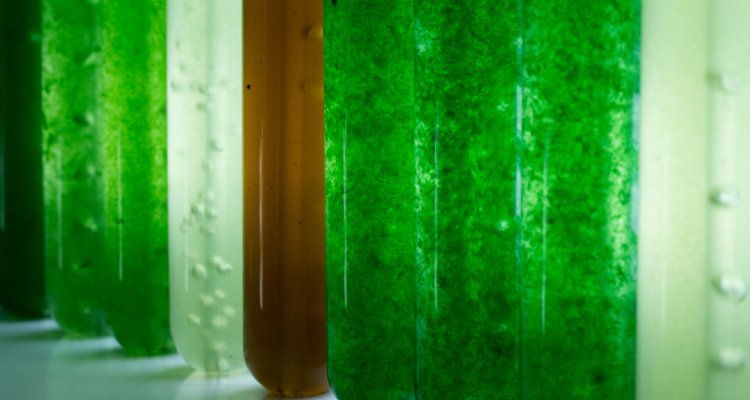
Project
The microalgal chloroplast as a biological factory for the production of monoterpenoids
The efficient prokaryotic machinery and the high bioavailability of building blocks in the microalgal chloroplast make it a promising platform for the production of industrially relevant plant-derived compounds.
Background
The sustainable production of food ingredients, raw chemicals, pharmaceuticals and fuels is a trending topic nowadays, due to the abuse of land crops and the environmental impact of chemical synthesis from petroleum derivatives. Cultivation of microalgae is a promising candidate to achieve this objective, due to the ability of these single-cell organisms to grow on simple media and obtain energy from sunlight and CO2. The marine microalga Phaeodactylum tricornutum is a widely exploited microorganism in industrial settings, however for certain applications it requires to be improved via genetic engineering.
Genetic manipulation of the chloroplast is gaining traction for strain improvement due to several interesting properties of this organelle: it is the core of anabolic metabolism in anaerobic conditions; genes can be organized in operons like in prokaryotes; homologous recombination is very efficient and the only DNA repair mechanism; the genome is present in multiple identical copies, allowing for high gene expression; no epigenetic silencing allows stable gene expression.
The chloroplast of P. tricornutum is especially suitable for the production of monoterpenoids, which are diverse class of compounds produced mostly by plants that have several industrial applications as flavours, fragrances and pharmaceuticals. This is due to the similar metabolic pathways in P. tricornutum and in plants, which also synthesize monoterpenoids in the chloroplast.
Aim
This project aims to develop novel genetic engineering tools to enable the manipulation of the chloroplast genome of the diatom P. tricornutum, with the objective of using them to obtain a new competitive monoterpenoid-producing strain.
Approach
First, novel genetic engineering tools will be developed and existing tools will be improved to make the chloroplast easily genetically accessible.
Once the new methodologies will be established, the focus of the project will shift to producing plant-derived monoterpenoids and implementing different metabolic engineering principles to improve the production yields.
Thesis project
Would you like to know more or to work on this project? Please contact Nicola Trevisan for more information or a thesis position.